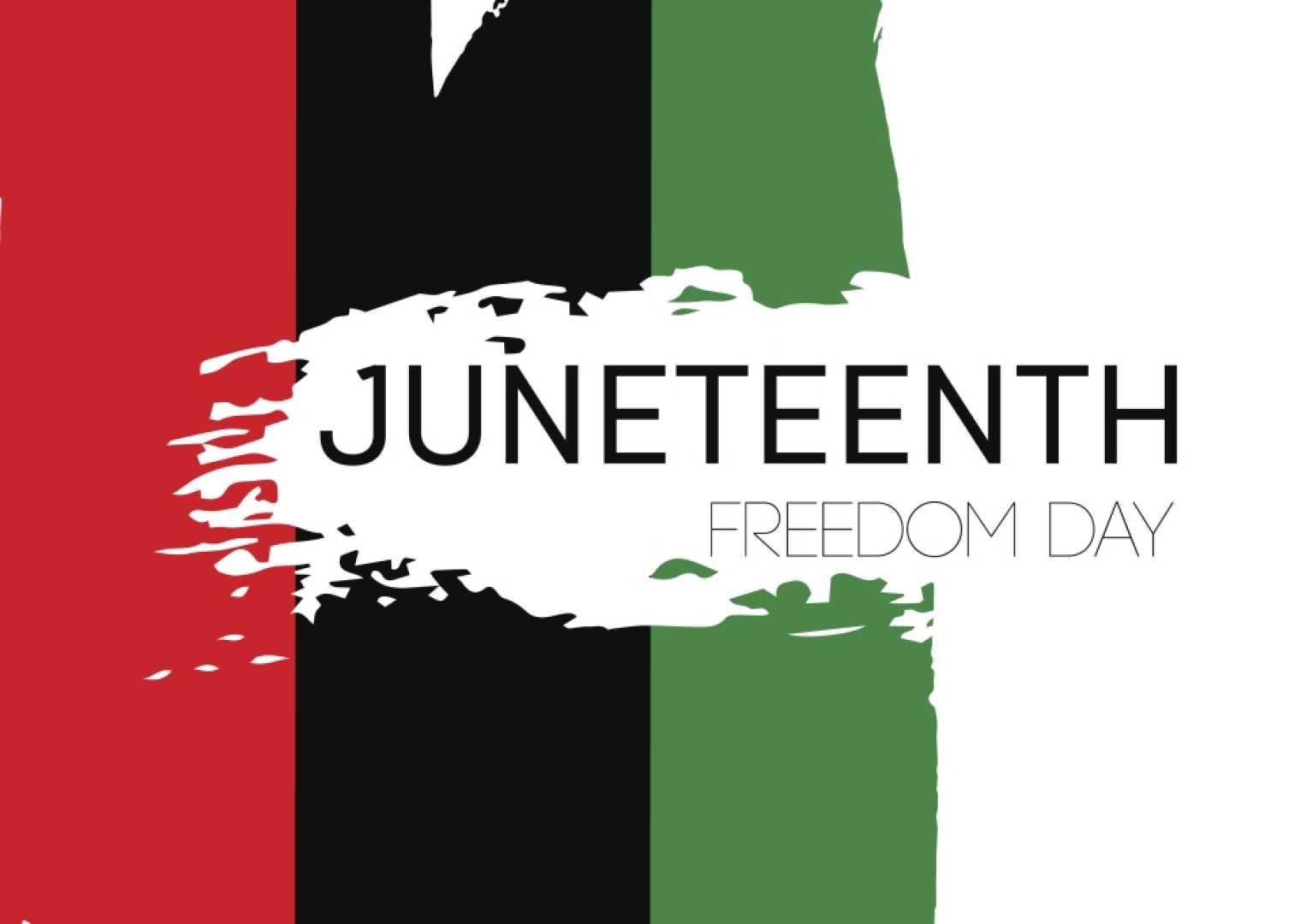News
Five Years After George Floyd: The Struggle for Racial Justice Continues

WASHINGTON, D.C. — Five years after the death of George Floyd, the United States finds itself in a complicated struggle over racial justice. As communities reflect on the events that erupted in 2020, many are questioning whether the nation is closer to, or further from, achieving true racial equality.
In June 2021, Congress passed legislation recognizing Juneteenth as a federal holiday, celebrating the emancipation of enslaved Black Americans. This moment was seen as a significant step forward amidst a broader racial reckoning across the country. Yet, recent developments suggest that cherished racial progress may be in jeopardy.
Memorial Day and Martin Luther King Jr. Day are the only other federal holidays that explicitly honor Black history. The roots of these observances trace back to significant struggles for freedom and justice, with Memorial Day honoring Civil War soldiers and MLK Day stemming from the civil rights movement. But Juneteenth’s recognition coincided with a retreat from racial equity across various sectors.
Former President Donald Trump‘s administration redirected national discourse on race, promoting policies that targeted DEI (Diversity, Equity, and Inclusion) initiatives. These changes have raised alarms among advocates for racial justice. Reports indicate that Trump plans to cut federal aid programs that disproportionately support Black communities while also rolling back protections against discrimination.
The Department of Defense has removed the names of Black veterans from military bases named after Confederate figures, provoking discussions about honoring history and erasing it. Critics highlight how educational content related to Black history is increasingly under threat, with some public school lessons facing potential legality issues.
Despite the Democratic Party initially leveraging the momentum from the 2020 protests to advocate for systemic change, their efforts have seen pushback. Aid for racial justice initiatives has diminished, with many corporate entities abandoning their previous commitments as the political landscape shifted.
Trump’s administration and its allies have focused heavily on combatting what they term “wokeness.” Though positioned as a fight against indoctrination, this rhetoric effectively targets the policies that enabled racial progress. Affirmative action has been dismantled, leading to drops in Black student enrollment in various institutions.
As the nation prepares to celebrate Juneteenth, many are grappling with the dissonance surrounding the holiday’s meaning and contemporary realities. The initial purpose of Juneteenth was to celebrate liberation while serving as a caution against the potential for regression. Ironically, millions of children will now commemorate a day marked by emancipation while facing educational restrictions on the very subjects it symbolizes.
Given recent events, the transformation of Juneteenth into “Juneteenth National Independence Day” raises questions about sincerity in addressing racial history. What began as a hopeful recognition of progress may instead underscore a reality of ongoing struggle and disconnect between celebrated history and present actions.












